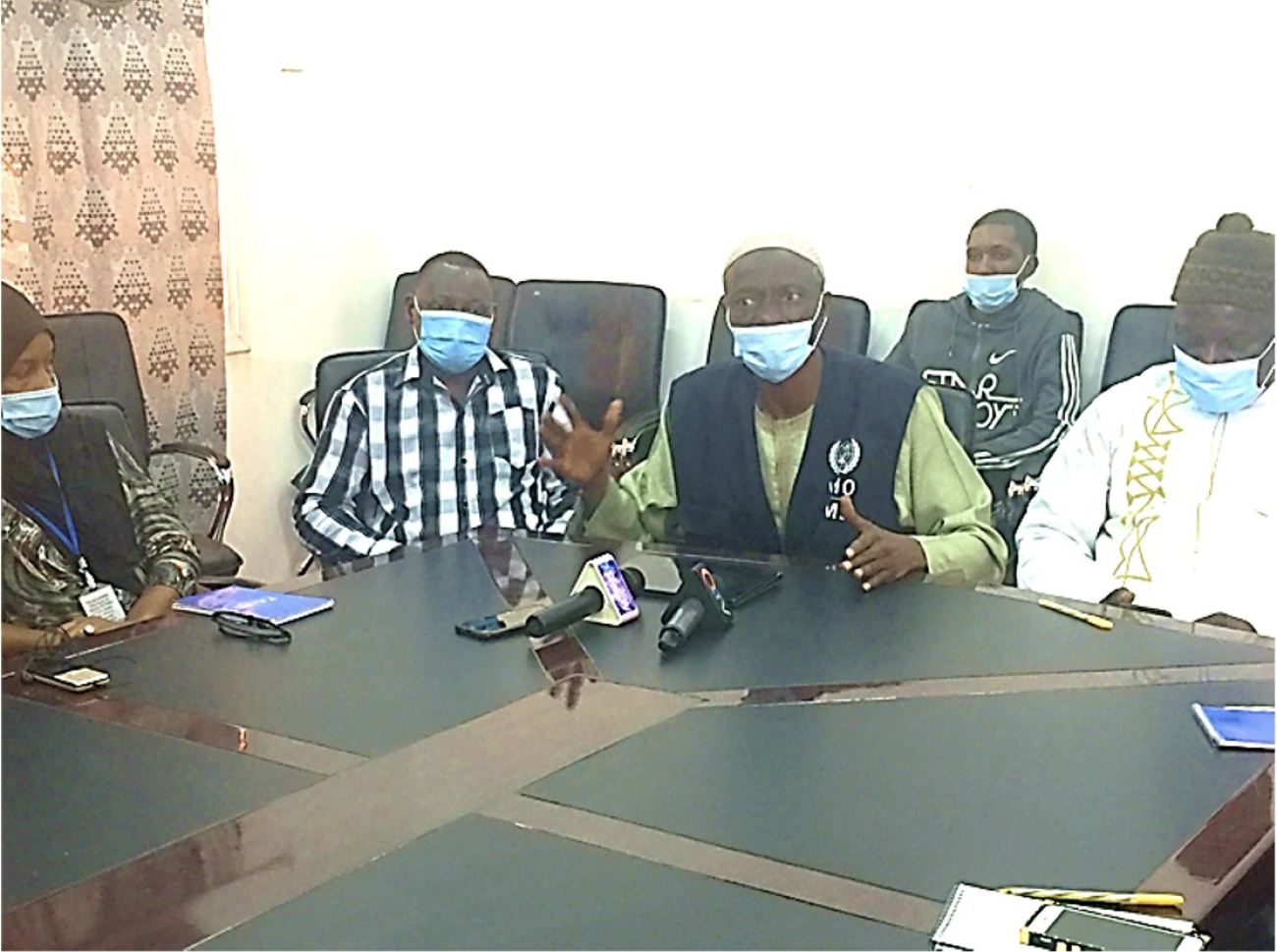The World Health Organization (WHO) convened a symposium with the media
The engagement, which journalists attended from public and private media, centered on COVID-19 prevention and information dissemination.
Professionals in the media industry will work round the clock to adequately inform the public against risk perceptions regarding the COVID-19 second wave. The workshop emphasized the media's role in shifting low community risk perception and addressing drivers of COVID-19.
Mr. Momodou Gassama, Health Promotion Specialist, World Health Organization, implored journalists to change "communication gear" from mere passage of information to behavior and social change communication to address current behavioral challenges and risk perceptions regarding COVID-19. He asked journalists to provide the public with adequate COVID-19 information. He said,
"We are now seeing an increase in the number of COVID-19 cases after a couple of quiet months. Therefore, we need to find means of changing the current state of affairs – non-compliance with the recommended public health measures - and devote our attention to changing risk perception around the disease. The solution to COVID-19 lies in the hands of communities."
Some of the public domain perceptions assume that "COVID-19 is no longer in existence," and some are developing negative conscience towards COVID-19 vaccines.
Johns Hopkins School of Public Health research revealed increasing vaccine hesitancy coupled with information and disinformation shared on social media.
Ousman Manneh, journalist Gambia Radio and Television Services (GRTS), admitted that most media houses lacked coverage on the COVID-19 pandemic. This opened an avenue for the spread of fake news and misinformation in social media. He said,
"Media companies had relaxed in providing reportage on COVID-19 due to a slowdown of cases. At some point, we had no new cases, and many media houses were not giving updates. In the beginning, we had a lot of anxiety when the first case was confirmed. At some point, there was a delay in getting press statements or conference with us. Things have changed a lot drastically since then. Very few journalists are following the stories. I think the Ministry should continue to engage the media."





